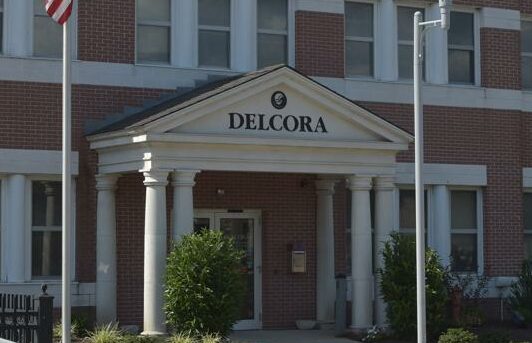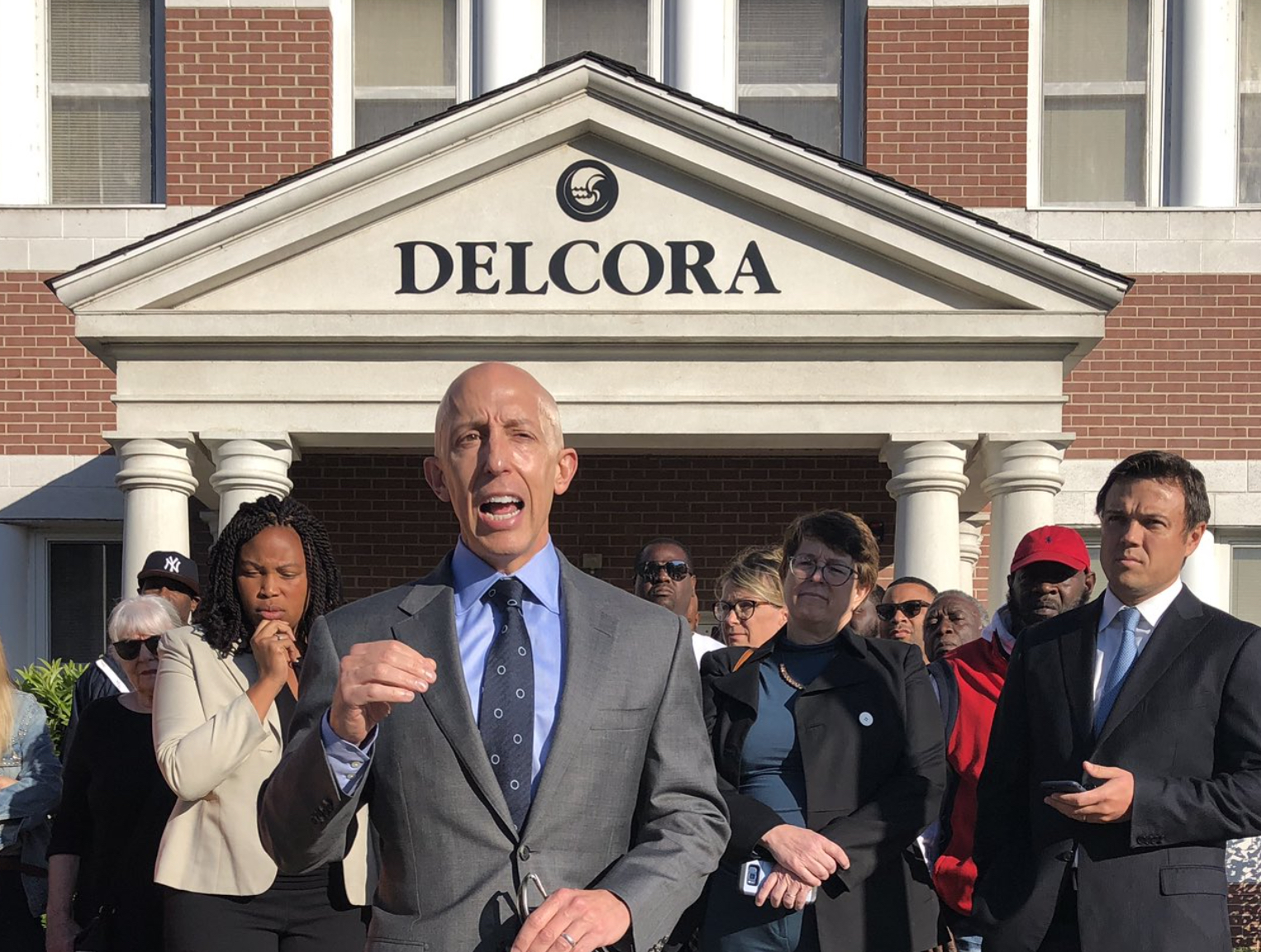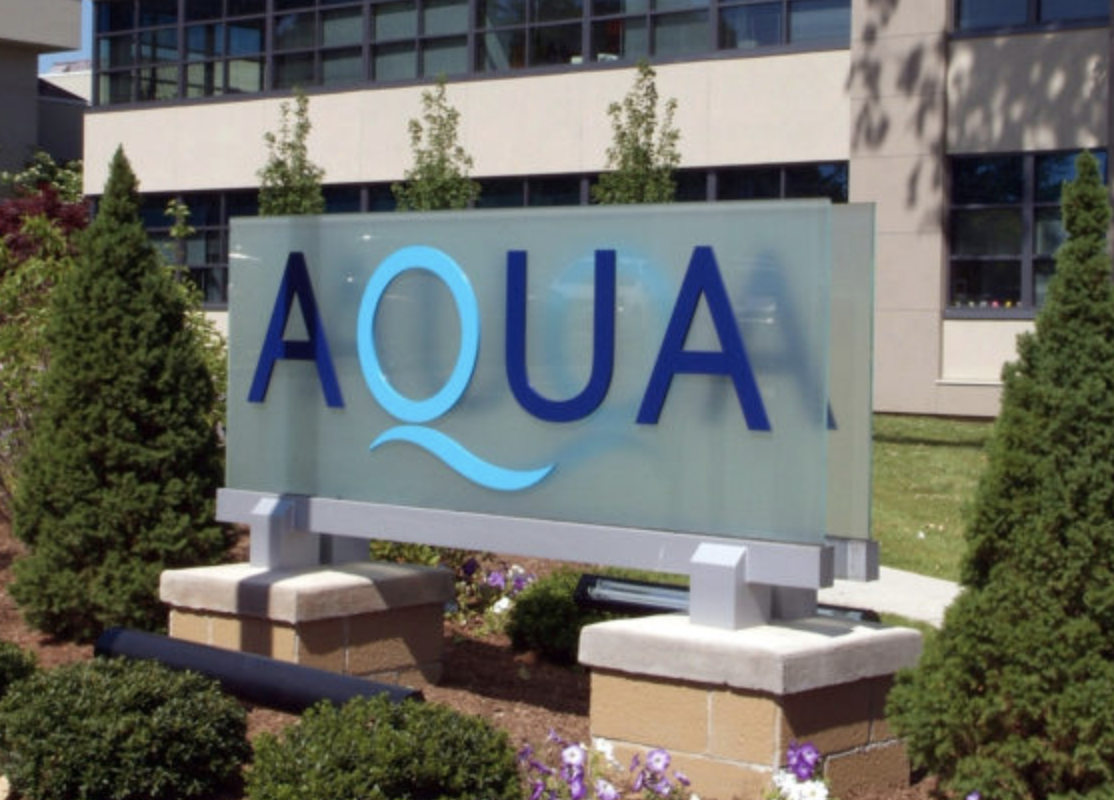(From a press release) The Pennsylvania Public Utility Commission (PUC) today announced that Commissioner Kathryn L. Zerfuss has been appointed to the National Association of Regulatory Utility Commissioners (NARUC) Committee on Gas and the Subcommittee on Pipeline Safety. These appointments, made by NARUC President Tricia Pridemore, highlight Commissioner Zerfuss’s commitment to ensuring the safe, efficient, and economical […]







